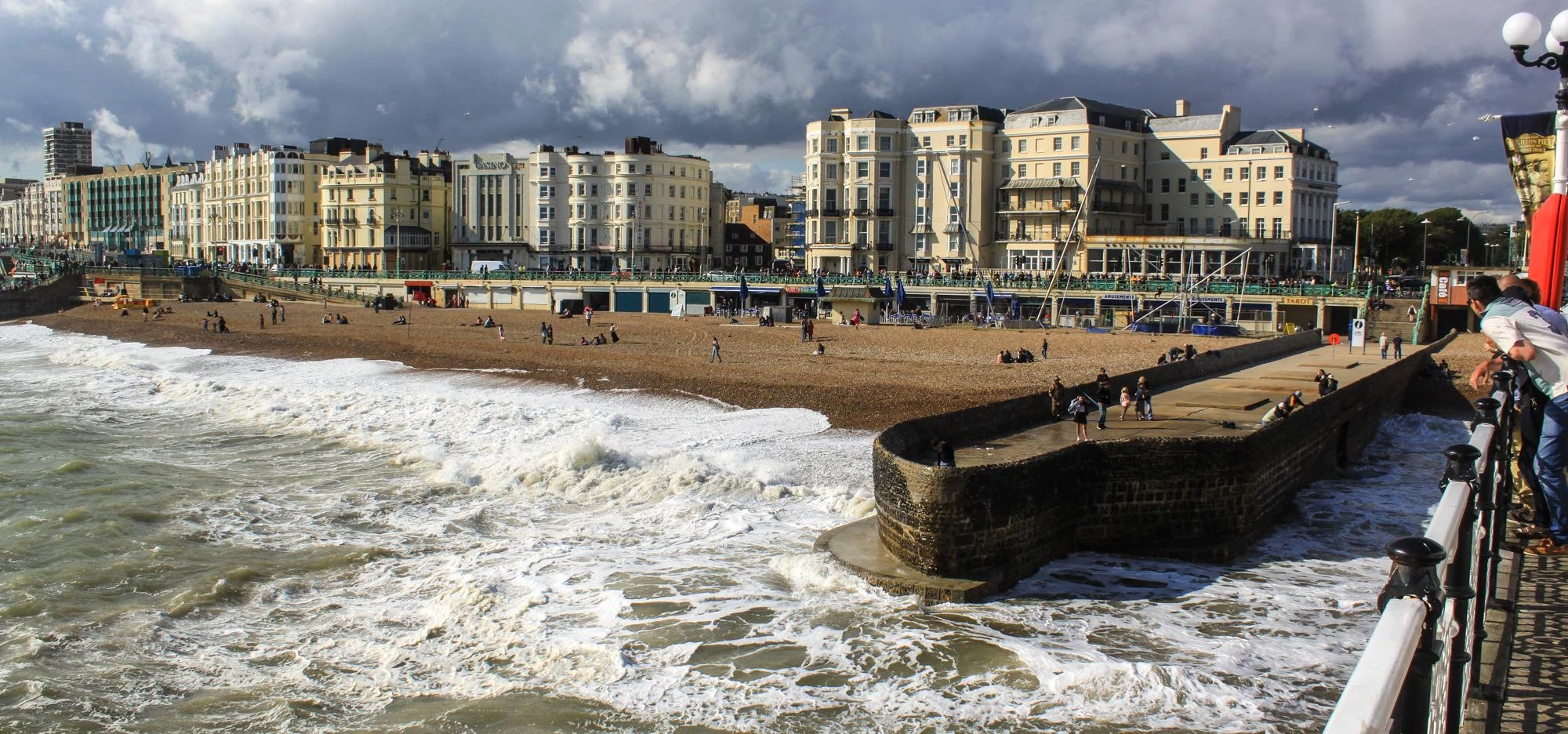
Partner Article
Brighton: The startup capital of the South East
Over the last few weeks, I have been speaking to startups, public bodies and economic experts about the landscape of entrepreneurship across the Southeast. Looking closely at startups in Sussex, Surrey and Kent, I have found factors such as soaring property prices and rising business rates in the city to be directly responsible for the increased economic output in surrounding areas.
There is one city that has come up time and time again as a centre for innovation outside of London, a creative hub with an immense sense of community: Brighton. According to the Centre for Cities Outlook 2015, Brighton has the highest number of startups outside of London. While statistics from TechCity UK, published in its Technation 2015 report, show that Brighton now has the highest density of digital companies of anywhere in the UK.
Recognising the city’s success, particularly in the tech sector, the government launched plans for “Silicon Beach” in 2014, as part of the Greater Brighton City Deal - a scheme which has since taken off, and is now home to thousands of growing tech startups along the South Coast.
Among those is TribeHive, a tech startup giving users in crowded areas, such as football stadiums and music festivals, stronger mobile connectivity in exchange for consumer data. Companies can target TribeHive users with products and deals including reduced-price season tickets. The University of Sussex spinout has been working closely with Brighton and Hove Albion to develop its app, and boosting commercial partnerships.
I spoke to Ian Wakeman, strategy director of TribeHive, about why leaving Brighton was out of the question, he said: “Our first chunk of funding came as a Royal Academy of Engineering fellowship, which essentially allowed me, as an academic, to have a year’s worth of support and funding from the University to turn my research idea into a commercial proposition. So, for the first year it was a no-brainer to stay in Brighton.
“The fellowship came to an end in February this year, and we chose to stay in the region as our principal client is Brighton and Hove Albion. We also have strong links within the community and the local hub of Brighton and we have maintained good relationships with the University, allowing us to recruit staff, to conduct research and continue to build support.”
Community. That’s the word that has really stood out when talking to startups in Brighton. Organisations like Sussex Innovation, the business incubator hub at the University of Sussex which helped Ian take TribeHive from the drawing board to the football pitch, have helped maintain strong community links while ensuring talent remains in the area long term. Earlier in the week, I spoke to Joseph Bradfield at Sussex Innovation and he told me about the mutually beneficial partnerships the University has forged with its businesses: “We have a lot of students from the University who are on one-year work placements, who work on mentored projects under the team, giving companies extra movement for growth.”
Talent is another big factor for startups outside of London. Angus Currie, Director of Tenant Representation at JLL in the South East said ‘The War on Talent’ is one of the biggest hurdles facing startups outside of London.
Angus said: “Previously, the startup growth was predominantly happening in Central London, places like Old Street and Shoreditch, but of course, now property prices are following this demand and they are becoming very expensive. The last thing a startup wants to do is invest the majority of its capital into real estate, rather than reinvesting it into people or the business.
“Cross Rail is going to open up this network, allowing people to travel right across London and out into the East and West. You won’t have to be tied down to a Central London location to get access to talent - and that’s what it’s all about. The ability to get the right people, in the right space and the right location.”
For businesses like TribeHive, Brighton is the ideal location. Not only are there strong community links and a growing access to talent, organisations like Sussex Innovation have helped the area become thriving hub for startup businesses, while the likes of Crossrail and its successors will only boost the city’s economic output.
Later in the month, I’ll be talking to the lovely ladies behind Pimp My Stroller, a Brighton and Beckenham-based startup led by entrepreneurial duo Melanie Sramek-Bennett and Hana Laws, who have turned community support and critical-business thinking into a creative e-commerce startup from their respective homes.
Running a startup in the South East? Get in touch ellen.forster@bdaily.co.uk
This was posted in Bdaily's Members' News section by Ellen Forster .
Enjoy the read? Get Bdaily delivered.
Sign up to receive our popular morning London email for free.








 Raising the bar to boost North East growth
Raising the bar to boost North East growth
 Navigating the messy middle of business growth
Navigating the messy middle of business growth
 We must make it easier to hire young people
We must make it easier to hire young people
 Why community-based care is key to NHS' future
Why community-based care is key to NHS' future
 Culture, confidence and creativity in the North East
Culture, confidence and creativity in the North East
 Putting in the groundwork to boost skills
Putting in the groundwork to boost skills
 £100,000 milestone drives forward STEM work
£100,000 milestone drives forward STEM work
 Restoring confidence for the economic road ahead
Restoring confidence for the economic road ahead
 Ready to scale? Buy-and-build offers opportunity
Ready to scale? Buy-and-build offers opportunity
 When will our regional economy grow?
When will our regional economy grow?
 Creating a thriving North East construction sector
Creating a thriving North East construction sector
 Why investors are still backing the North East
Why investors are still backing the North East